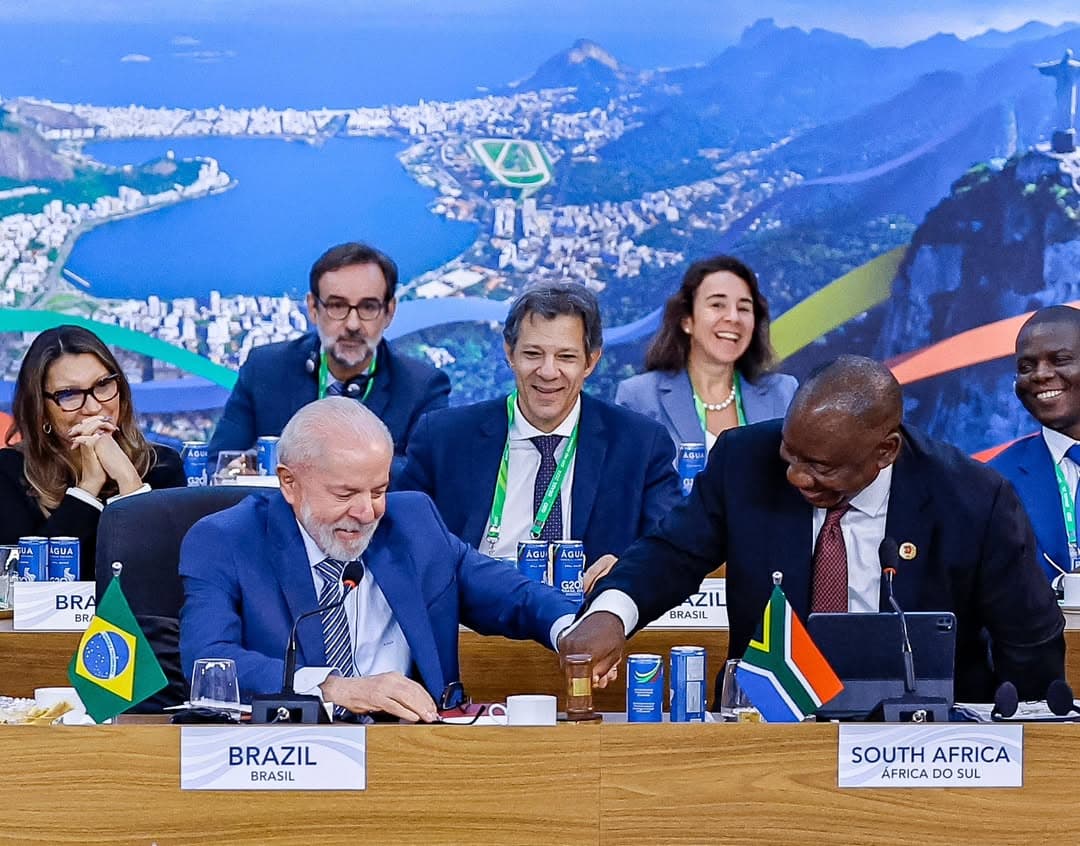G20 in South Africa Adopts Declaration Without U.S. Endorsement
The first G20 leaders summit in Africa concluded with a leaders declaration adopted on November 24, 2025, despite a U.S. boycott and a reported abstention from Argentina. The outcome elevates Global South priorities on climate impacts, debt relief and energy transition support, while exposing fractures that could complicate next year’s U.S. presidency of the grouping.

Leaders at the G20 summit hosted in South Africa closed the meeting on November 24 with a leaders declaration that marked a contentious moment for the world economy. All member countries were listed as adopters except the United States, which boycotted the leaders session and declined to endorse language placing a strong emphasis on climate impacts and support for vulnerable nations, and reportedly Argentina also did not sign. The result underlined a widening policy gap between Washington and a number of major economies and emerging markets.
South Africa, as host, pushed a declaration that placed climate impacts, debt relief and policies to address inequality at the center of the G20 agenda. The document called for increased support to help developing countries manage the social and economic costs of the energy transition and for steps to alleviate unsustainable debt burdens. Host officials and sympathetic leaders framed the outcome as a victory for multilateralism and for elevating priorities of the Global South within the club of the world’s largest economies.
The absence of U.S. endorsement highlighted sharp diplomatic tensions. Washington declined to participate in the leaders session and rejected the climate heavy language in the declaration, a choice that U.S. officials said reflected substantive objections to portions of the agenda and dissatisfaction with how the handover of the chair was managed. Those criticisms deepened an already visible strain that observers say could complicate the United States taking on the G20 presidency next year.
Analysts warned that the split will test the mechanics of consensus based diplomacy within the G20. The grouping functions largely by political agreement rather than legal obligation, and its communiqués often shape the priorities of international financial institutions and national policies. A declaration adopted without U.S. endorsement limits the document’s ability to translate quickly into coordinated finance or regulatory measures that require broad buy in from the largest economy.
For developing countries, the summit represented an important symbolic gain. Leaders from Africa, Latin America and parts of Asia hailed the prominence given to climate adaptation and equitable energy transition, arguing that those issues directly affect growth prospects and social stability. Debt relief language also resonated in capitals where sovereign borrowing costs and currency pressures have constrained public spending.
Yet the U.S. decision to boycott carried its own weight. Diplomats said the move signaled deep reservations about substantive elements of the agenda and about process. That posture will reverberate in Geneva, Washington and capitals across the Global South as negotiators prepare for next year’s agenda under a U.S. presidency.
The Johannesburg summit, the first time a G20 leaders meeting has taken place on African soil, thus produced both a political milestone and a diplomatic rupture. Whether the declaration will lead to concrete shifts in funding, rules or coordinated measures will depend in part on whether Washington reengages constructively and on the capacity of other major economies to translate the pledges into implementable programs. Observers say the answer will determine whether this moment deepens a new multilateral logic or hardens divisions within the group.


